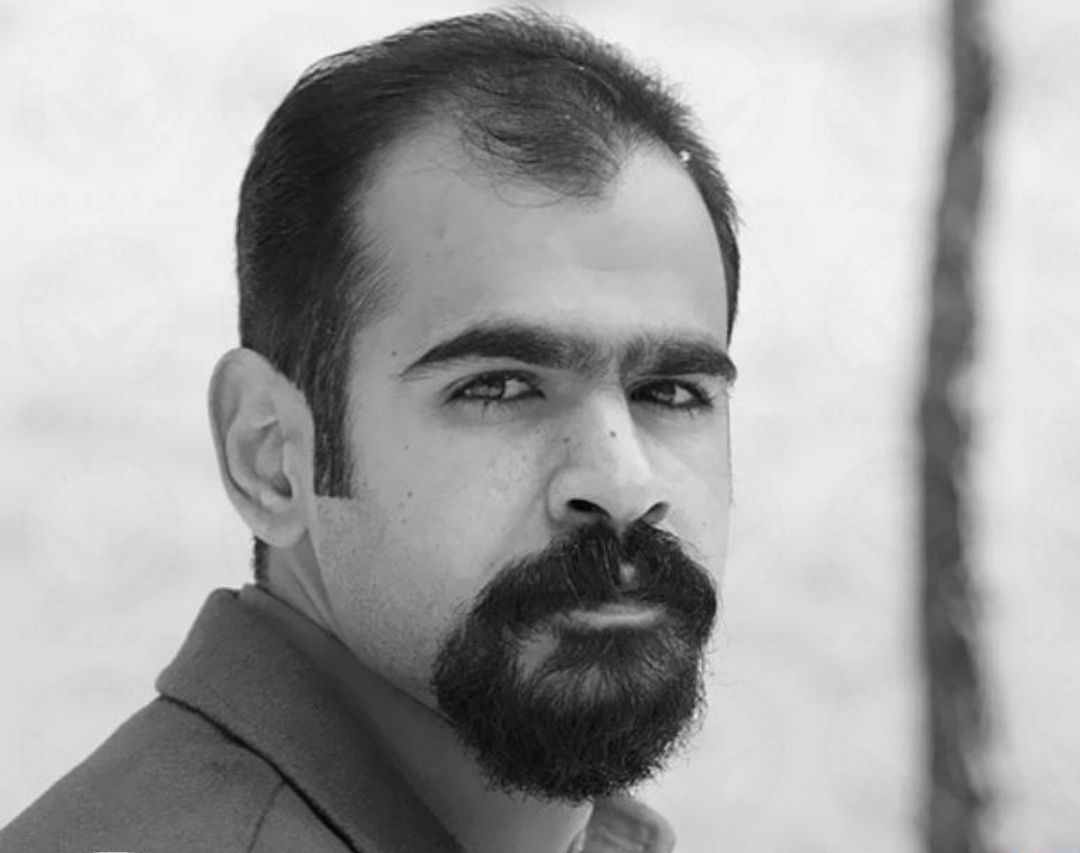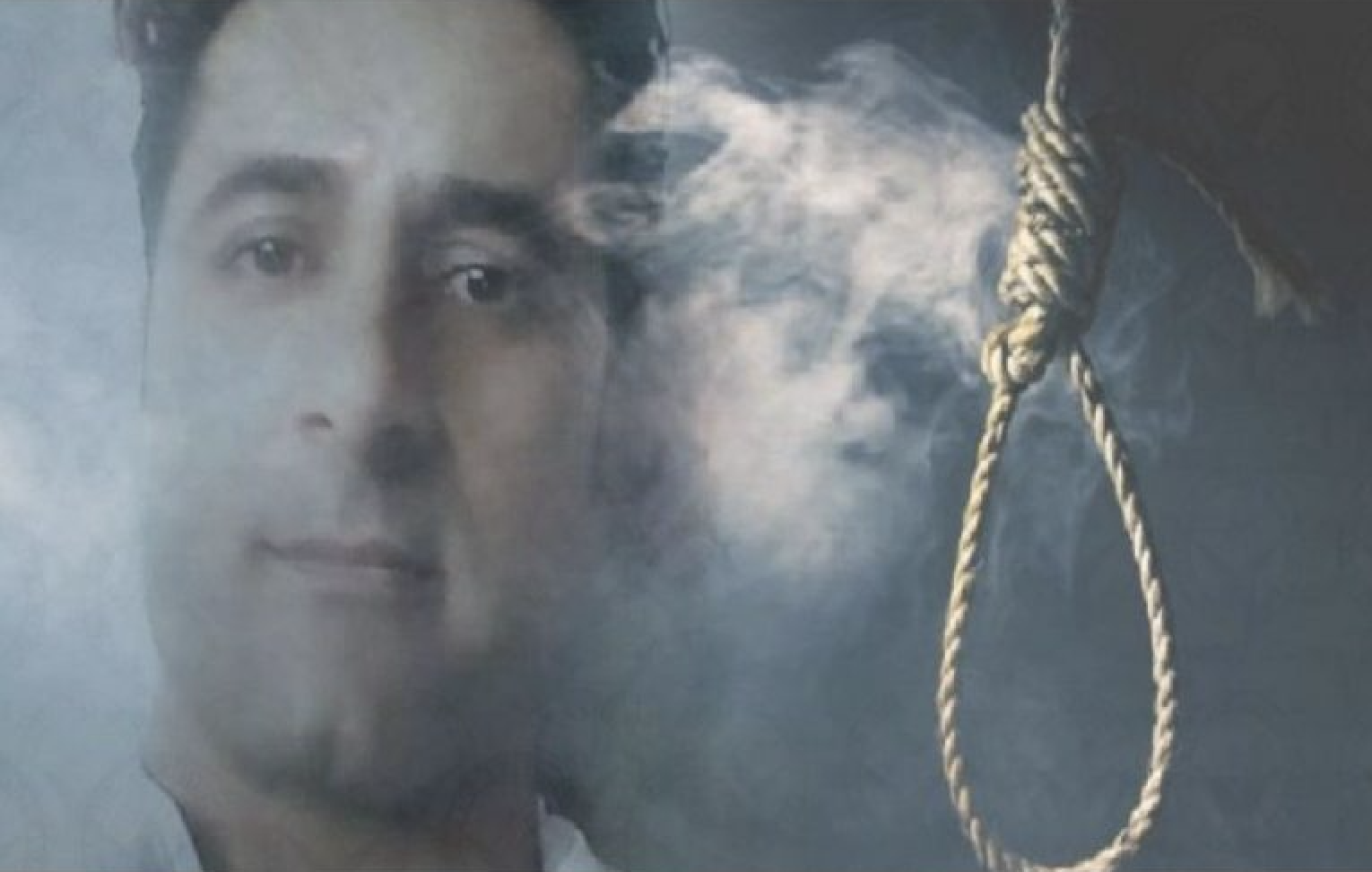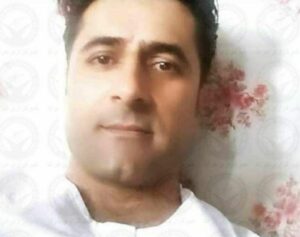At dawn on Sunday, July 4, three prisoners, one of whom was a juvenile offender, were executed in Urmia Prison despite Amnesty International’s pleas for the execution to be halted.
According to HRANA, the news agency of Human Rights Activists, the three prisoners, who had previously been sentenced to death for murder, were transferred to solitary confinement the day before the sentence was carried out.
HRANA has confirmed the identities of the three prisoners as juvenile offender Baha-al-din Ghasemzadeh, Baha-al-din’s brother, Davood Ghasemzadeh, a native of the Salmas, and Anwar Abdollahi, a native of Mahabad City in West Azerbaijan Province.
HRANA previously reported on the deteriorating physical condition of the two imprisoned brothers in June of 2018. The Gasemzadeh brothers were executed this Sunday even though Baha al-din was a child at the time of his arrest, and Davood had severe spinal cord injuries from beatings sustained during his detention.
Recently, in an interview with Agence France-Presse, Secretary of the state-run High Council for Human Rights, MajidTafreshi, said that the Islamic Republic executes juvenile offenders “three to four times a year”, and claimed this should not be considered a human rights violation.
Iran ranks first in the world in citizen executions per capita, according to international organizations. The Statistics and Publication Center of the Human Rights Activists in Iran (HRA) reported that between January 1st and December 20th of 2020, at least 236 citizens were executed. One of these citizens was executed publicly, and two were juvenile offenders. An additional 95 citizens were sentenced to death.
“Iranian authorities must immediately stop the execution of Baha al-din Ghasemzadeh,” Amnesty International tweeted the day before the execution took place. “The imposition of the death penalty on those who were children at the time of the crime is a gross violation of Iran’s international rights and obligations under the Convention on the Rights of the Child.”









